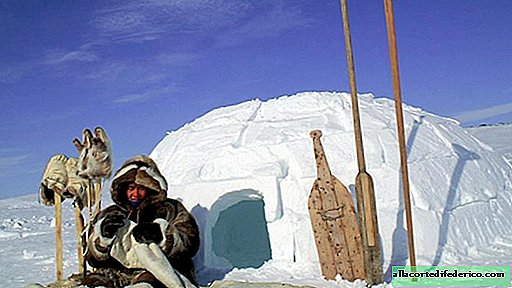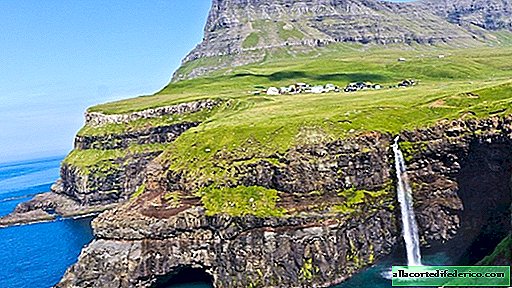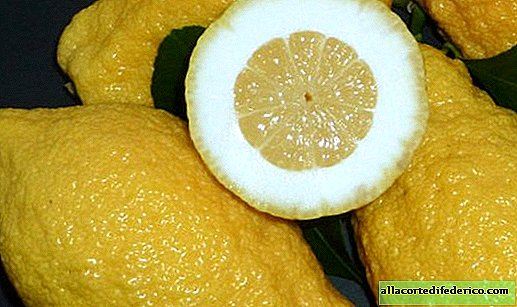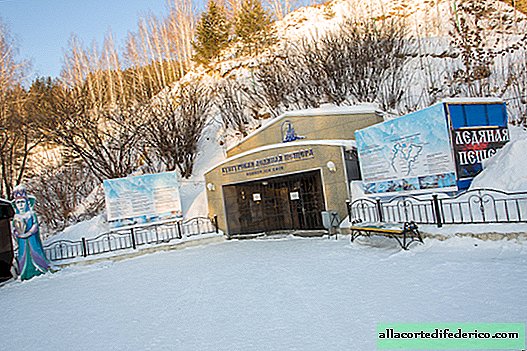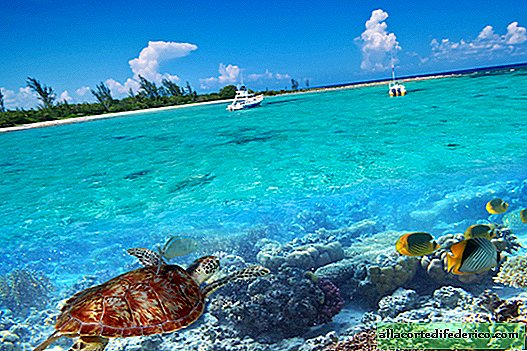How goldfish "warm" with alcohol to survive in the cold season
Karasi and the "goldfish" are amazingly tenacious creatures. They are ways to survive, albeit not for long, with a minimum of water, and if they are thrown into a pond, these creatures will quickly grow and become "kings of the mountain." Fish can even survive the frosty winter, hiding under a thick layer of ice. How do they do it? It turns out that in the literal sense of the word they use “a little bit of alcohol” for “sugaring”. And they produce alcohol themselves.
Fish chews oxygen
Cold slows down the metabolic processes of fish, that is, chemical reactions in each cell. The crust of ice on the surface of the lake can indeed retain heat inside, and the warmest water in winter remains at the bottom. But in these "pockets" it’s hard to breathe even with gills. Ice prevents oxygen from entering the water, and in the "oxygen" oases it is consumed by microbes living on the bottom of the lake - there are few fish left. And this situation persists until the ice begins to melt.

Recent studies have shown that some fish can handle the cold with alcohol. To do this, they do not swim in the nearest bar and do not wait for careless tourists to throw a bottle of unfinished strong drink into the pond. Fish themselves learned to convert carbohydrates into alcohol. Such "moonshiners" turned out to be crucians, which include the well-known "goldfish".
"Milk" in alcohol
Ethanol production allows crucian carp to be the only species of fish that can survive in cold conditions, while avoiding encounters with larger and more dangerous species.
The fact is that fish, like humans, can produce "lactic acid." This is a chemical that appears as a result of an attempt by the muscles to quickly release a small amount of energy. If after intense training you felt a burning sensation, it means that a lot of “lactic acid” has accumulated in your blood and muscles. When there is too much of it, it can lead to cell death.

If such an acid is produced by fish during warming, in five months under the ice it can cause their death. Therefore, crucians learned to produce ethanol from "lactic acid", which is then gradually dispersed from the gills into the cold waters around it.
According to researchers, crucians and "goldfish" received this ability about 8 million years ago. Since it became crucial for survival in difficult weather conditions, this species of fish gained an amazing distribution, successfully defeating competitors.


